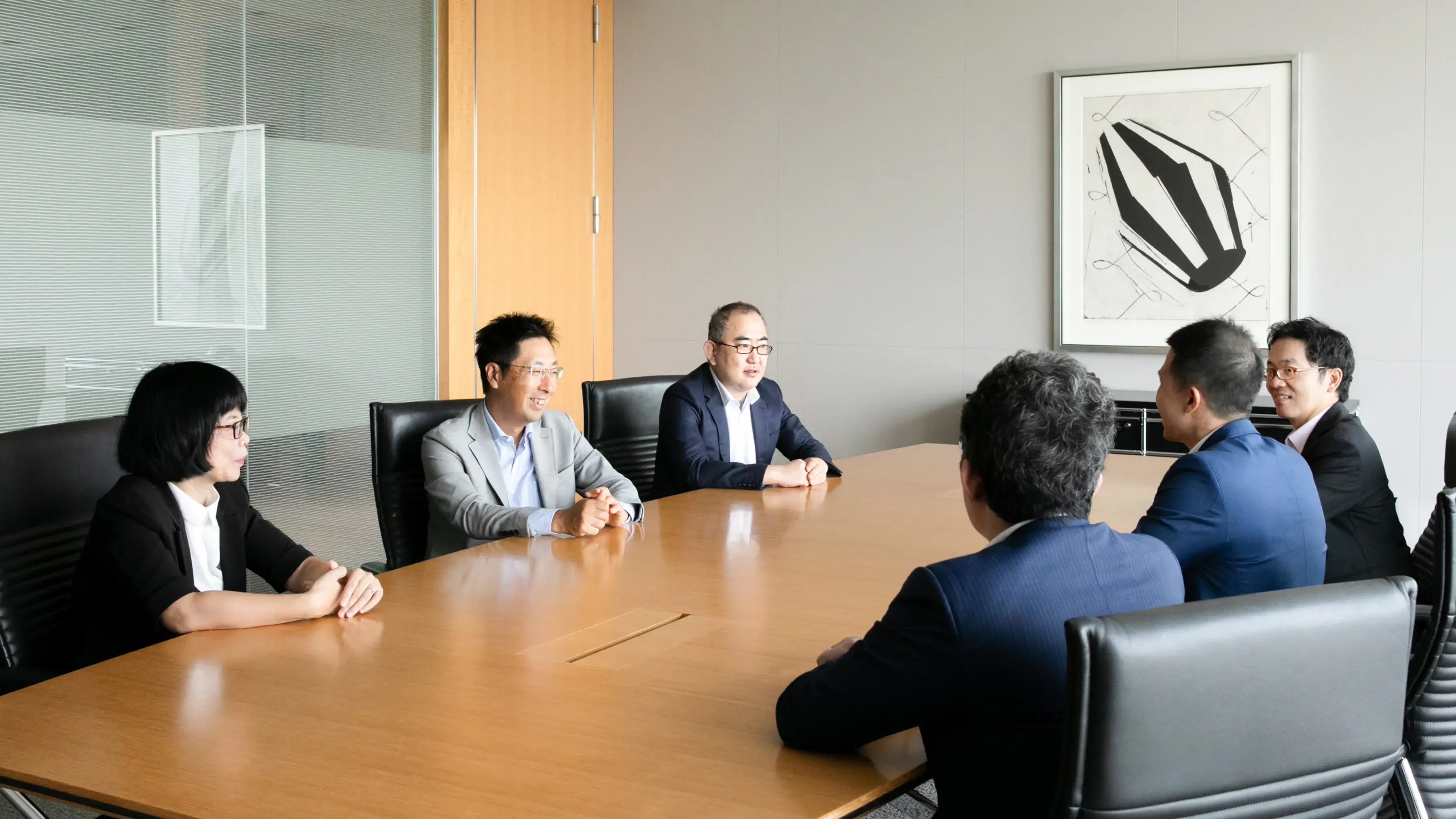
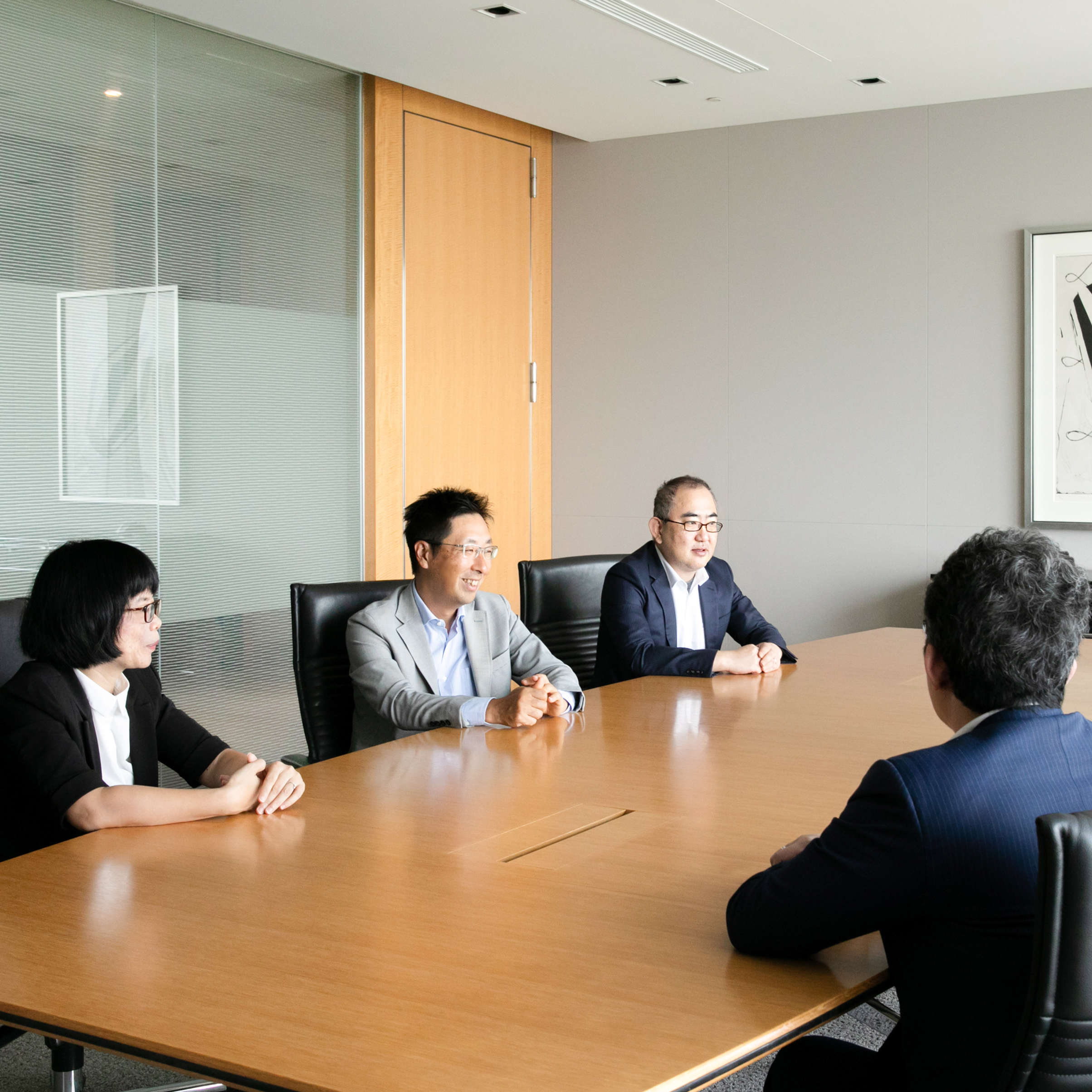
Recent Trends in Compliance and Dispute Resolution Projects in Asia
Our Asia Practice Team is regularly engaged in compliance measures, such as establishing a compliance system across regions, responding to bribery, fraud and other emergencies, and responding to the personal data protection regulation. In addition, we have a team in the Singapore Office that specializes in dispute resolution and is engaged in a variety of compliance and dispute-related matters. This article describes the discussion among lawyers at each office who have experience in compliance cases and dispute settlement cases in Asia regarding the latest trends in compliance and dispute settlement cases and how we lead the projects by collaboration of several offices
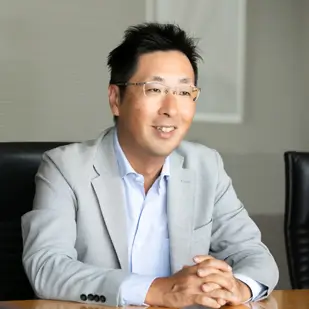
Nobuo Fukui

Keiji Tokujiya
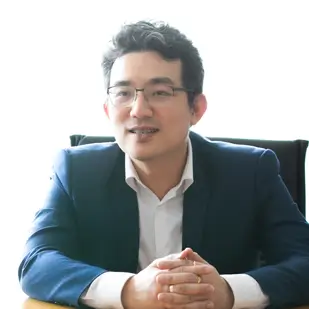
Yothin Intaraprasong
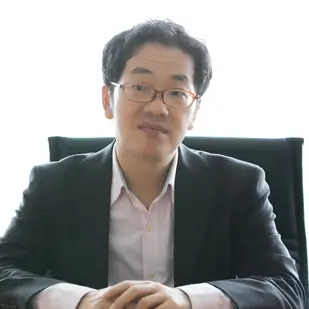
Yoshikazu Hasegawa
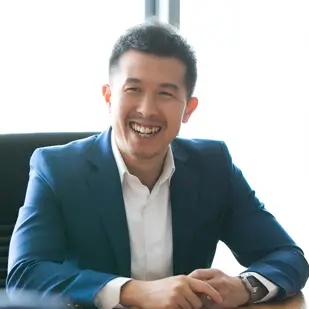
Justin Ee
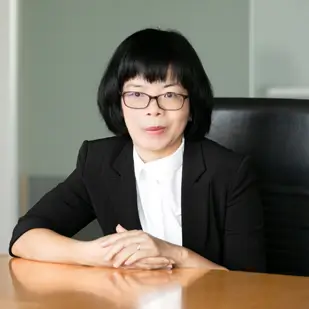
Ngoc Hoang
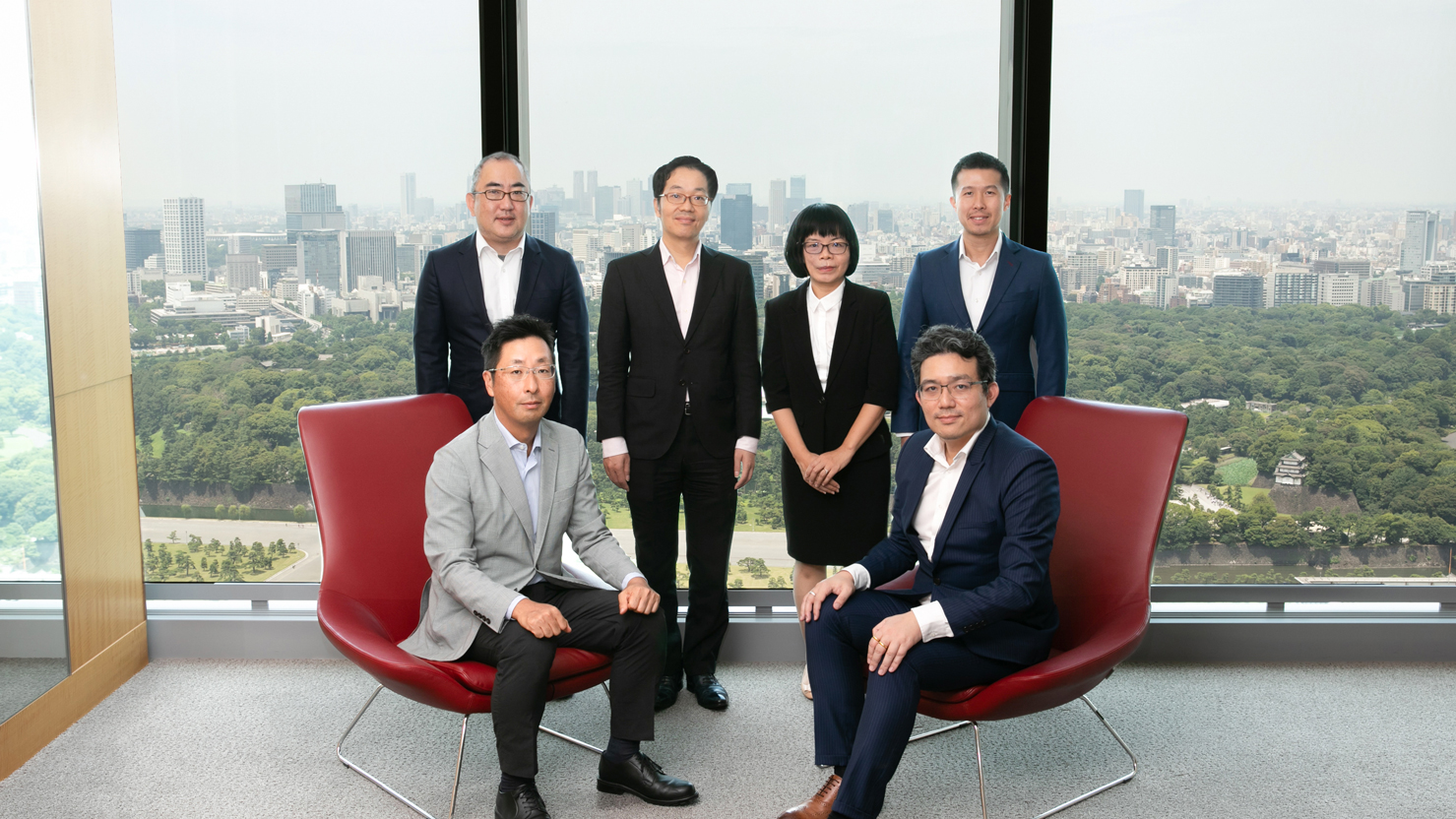
Chapter 01
Characteristics of Compliance and Dispute Resolution Projects in Asia
-

- Fukui
Today, I would like to talk about the support system and recent initiatives of the Office in relation to compliance and dispute resolution cases in Asia.
-

- Justin
First of all, I would like to discuss about the characteristics of dispute resolution in Asia.
Unfortunately, in Asia, the judicial system are generally not as well developed or efficient as their American and European counterparts, apart from a few exceptions. In some jurisdictions, it may take a very long time to settle disputes through the courts system. Accordingly, the arbitration system is actively utilized to achieve speedy resolution and ensure appropriate and fair judgments of disputes n. In particular, arbitration institutes in Sigapore and Hong Kong are regularly resorted to, to decide on a number of matters, including contractual disputes involving governing laws of other jurisdictions.
-

- Yothin
Although there are regional differences, compliance risks, such as bribery, can also be characterized to a certain extent. For example, there are countries that regulate commercial bribery, countries that have certain threshold for justifiable receiving amount of of public officer, although the extent and nature of regulations varies.
-

- Ngoc
In some cases, there is a difference between the contents of the law and what may be permissible in actual practice. Moreover, actual practice keeps changing by time. For this reason, it would be important to confirm with practitioners who have a good understanding on the manner each country actually applies its laws.
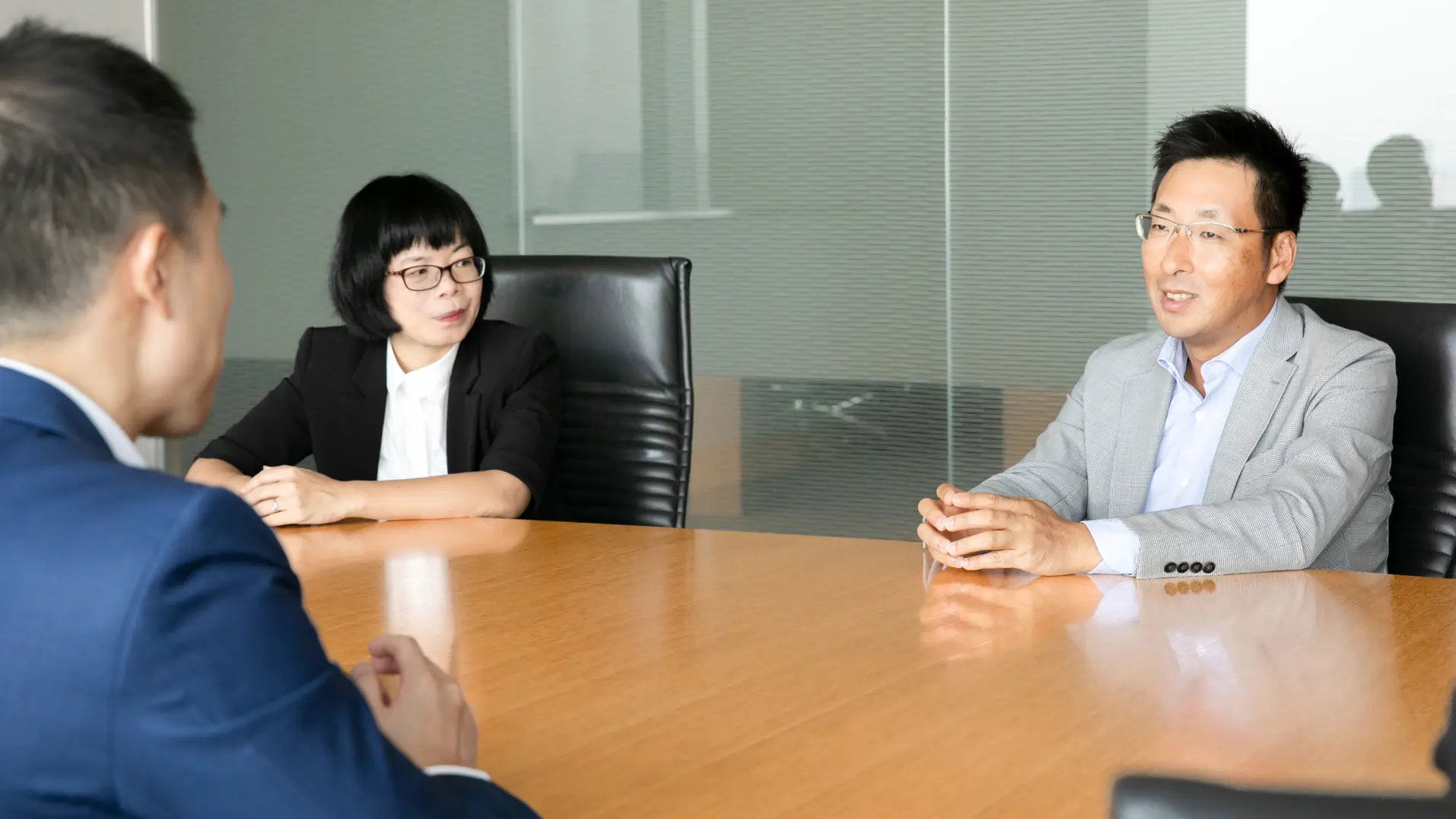
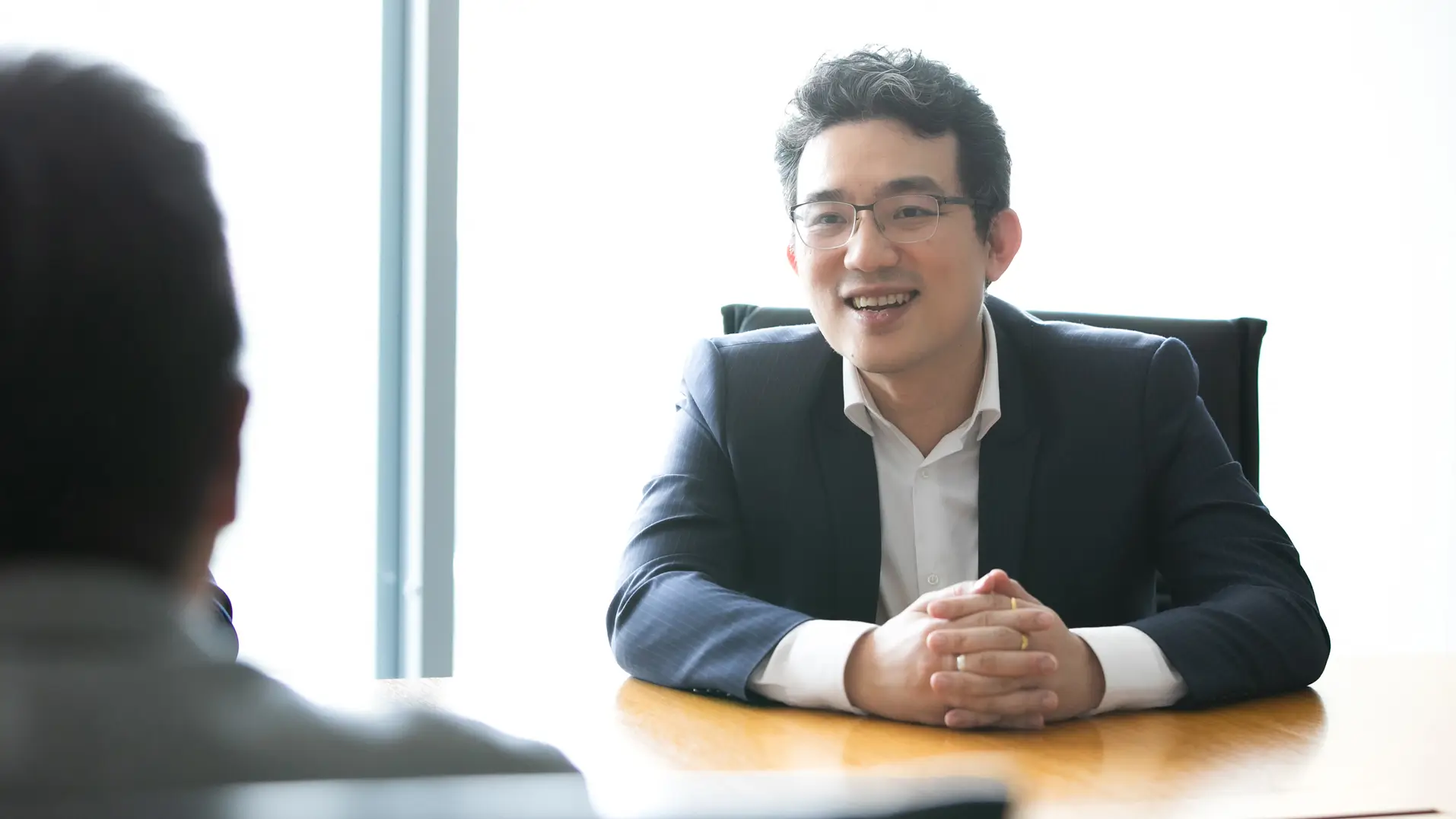
Chapter 02
Recent trends -
Strengthening of Regulations on Personal Information Protection and Competition Law
-

- Fukui
Could you tell us about recent hot topics and trends related to compliance and dispute resolution?
-

- Hasegawa
The personal data protection regulation is a major topic in Vietnam. comprehensive personal data protection regulation has been published, and those regulations are enacted without a sufficient transition period. Given that guidance from the authorities is not complete and there are few case precedents, inquiries to law firms about actual practices and other matters are increasing as clients try to gather information.
-

- Ngoc
The personal data protection regulation is a major topic in Vietnam. comprehensive personal data protection regulation has been published, and those regulations are enacted without a sufficient transition period. Given that guidance from the authorities is not complete and there are few case precedents, inquiries to law firms about actual practices and other matters are increasing as clients try to gather information.
-

- Tokujiya
China's Personal Information Protection Law is one of the hottest legal topics in the jurisdiction, given the series of amendments to the law. As with Vietnam, China has many unique regulations compared to other jurisdictions, and legislation is being developed rapidly. Therefore, it is necessary to comply with Chinese regulations after accurately grasping the latest information.
-

- Fukui
What are the trends in other jurisdictions?
-

- Ngoc
The strengthening of competition laws in each jurisdiction is also a recent trend.
-

- Hasegawa
In Southeast Asia, competition laws have been adopted in all ASEAN countries and more recently, the Competition Law was enacted in Cambodia in 2021. Due in part to the full-fledged application of competition laws in each country, I feel that in cross-border transactions, there are now more jurisdictions wherein we have to consider merger filing requirements than several years ago, and that more and more jurisdictions are also seeking to strengthen regulations against collusion and other issues.

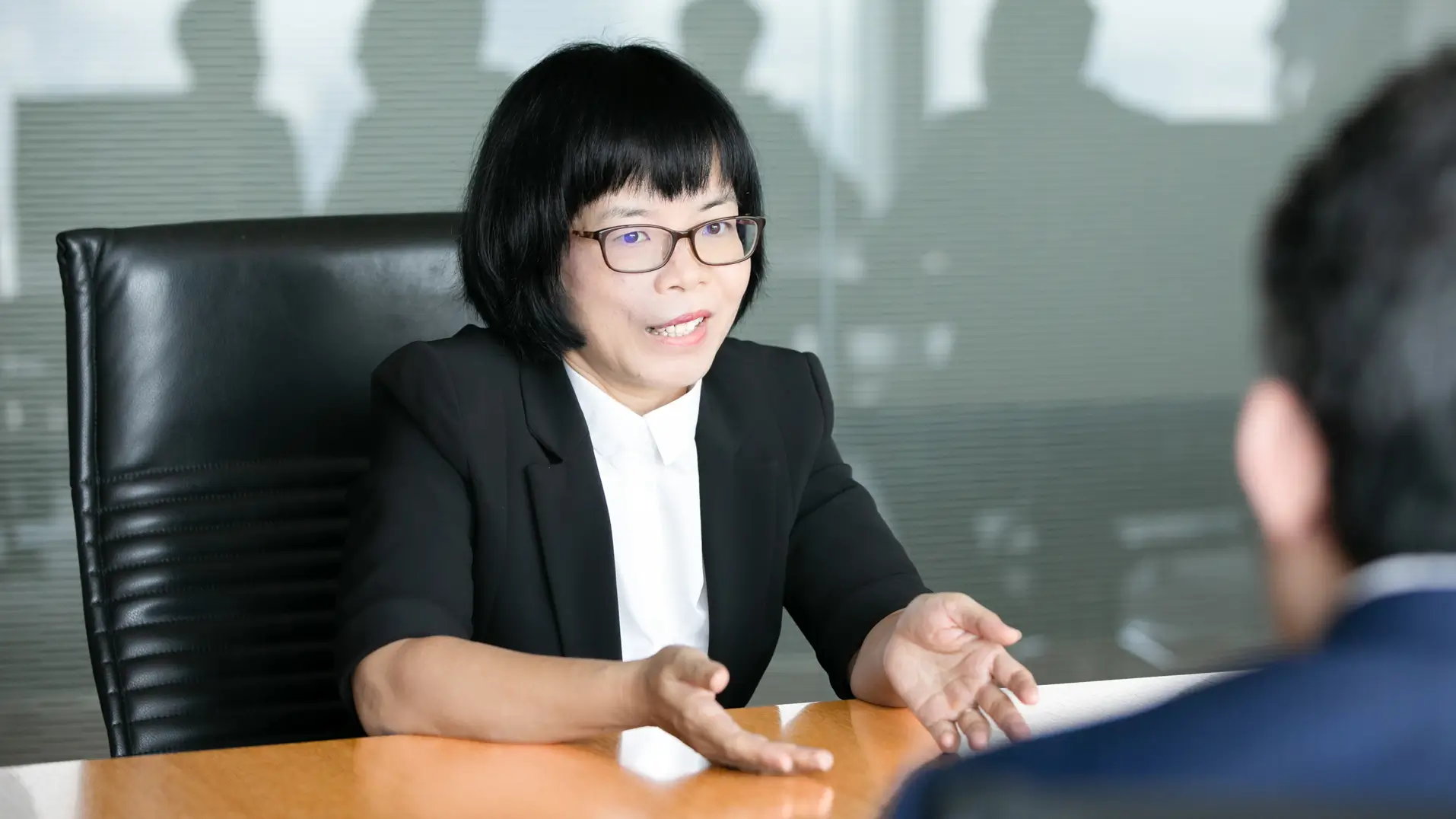
Chapter 03
Activities at Various Factories
-

- Tokujiya
In the Shanghai office, we are continuing to collaborate with law firms in Taiwan and Hong Kong as well as firms in mainland China, and we have a system in place to handle projects in Taiwan, Hong Kong and China.
-

- Justin
The Singapore office has a team that specializes in dispute resolution. We have a number of Japan, Singapore and New York qualified lawyers with a great deal of experience in resolving international disputes, and well equipped to respond to a wide range of dispute matters on a one-stop shop basis, including commercial disputes involving large-scale projects and construction-related disputes.
-

- Fukui
There are many countries in Asia and Oceania and among China, India, Southeast Asia, and Australia, the regulations are different, and covering all of them comprehensively will involve a great amount of work. This region, however, is usually regarded as a single group, so it is often required that we develop a mechanism that spans the group. In many cases, the creation of compliance manuals and setting up whistle-blowing hotlines can be covered and adapted in multiple jurisdictions. In such cases, we have formed a team that transcends the geographic base to respond to the situation.
-

- Yothin
Many clients in Singapore and Thailand have regional headquarters, which often have to oversee business operations in a wide range of jurisdictions beyond Singapore and Thailand. In such cases, it is imperative to cooperate with the lawyers in each jurisdiction to respond requests for legal assistance. Thailand has traditionally been a country with manufacturing operations, and many companies have regional headquarters in Thailand, particularly manufacturers of assembled motor vehicles and automotive parts. Such companies are sometimes required to conduct cross-sectional surveys on legal issues that tend to become problems in the manufacturing industry, such as quality assurance, product liability, and labor issues. In such cases, the cooperation of bases and law firms in Singapore, Vietnam, and China will be essential.
-

- Fukui
On the practice area of compliance and dispute resolution, there are many updates, such as on personal information protection and competition laws, and there are also many demands for comparisons of legal systems with other countries. It is clear that we are working together across bases to standardize knowledge and address issues. I would like to work with you on more projects and support our clients.
Thank you very much for your time today, everyone.
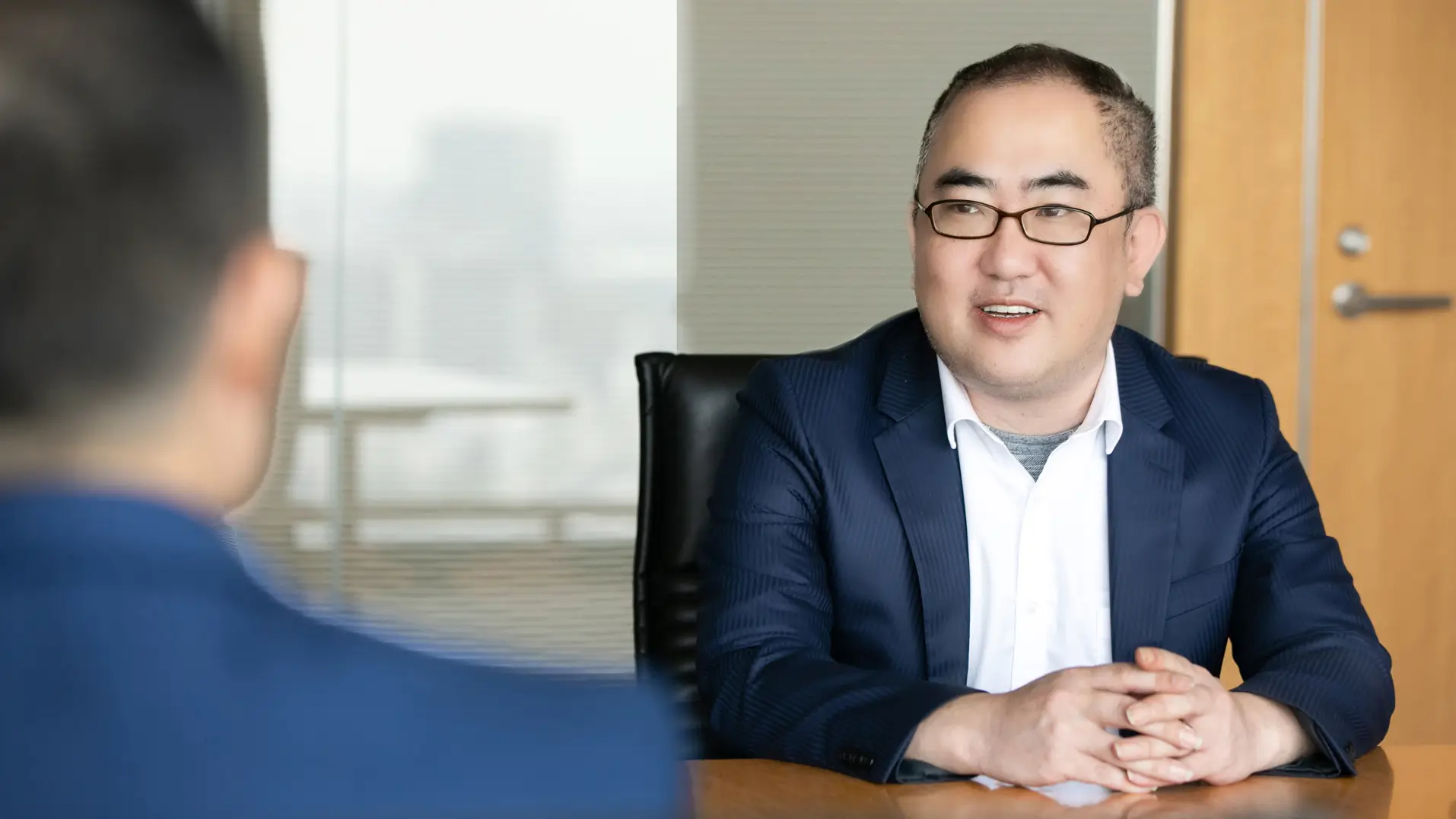

Profiles

Nobuo Fukui
Nobuo Fukui is a partner at Nagashima Ohno & Tsunematsu and a representative of its Singapore Office (Nagashima Ohno & Tsunematsu Singapore LLP). Since 2013, he is stationed in Singapore Office providing legal services to Japanese affiliated companies and multinational companies to expand their business into south-east Asian countries such as Singapore, Indonesia, Malaysia, Philippines, Thailand, Vietnam, India, Myanmar, Cambodia, Turkey, UAE, Republic of Korea, Taiwan, Hong Kong, Australia, and New Zealand.
His practice areas include M&A, joint ventures, real estate development, compliance, corporate crisis management, finance, intellectual property, labor, competition law, bribery regulations, personal information protection, restructuring and bankruptcy etc.
He also focuses on building networks with prominent local law firms and lawyers in south-east Asian countries. He provides optimally customized legal services to respective clients in cooperation with lawyers qualified in relevant countries.
He is a graduate of the University of Tokyo (LL.B., 2001) and Duke Law School (LL.M., 2009). He worked as a foreign lawyer at Haynes and Boone, LLP (Dallas) from 2009 to 2010 and Widyawan & Partners (Jakarta) from 2010 to 2013. He is the first Japanese lawyer to reside and provide legal services as foreign lawyer of a local law firm in Indonesia, and has the knowledge and practical experiences of Indonesian law for 10 years.
He was selected as The Best Lawyers in Japan 2021 in area of International Business Transactions.

Keiji Tokujiya
Keiji Tokujiya is a partner at Nagashima Ohno & Tsunematsu and general representative of its Shanghai office. He handles a broad range of corporate related matters, such as M&A. He also focuses on cross border practice, especially Mainland China and Taiwan related matters, such as investment in Japan by Mainland China, Taiwan or other foreign companies, cross border dispute resolution, and compliance issues and risk and crisis management relating to subsidiaries in Japan.
He graduated with an LL.B. from University of Tokyo (2003) and with LL.M. from both of University of California, Berkeley, School of Law (2011) and Peking University Law School (2013). He was admitted to practice law in Japan in 2004, and also passed the New York bar examination in 2011. He has considerable experience in offshore legal matters (he was trained at Zhong Lun, Lee and Li).

Yothin Intaraprasong
Yothin Intaraprasong has been involved in providing legal advice on civil and commercial laws, focusing on foreign investments in Thailand.
He also represents a number of Japanese, Thai, and other international clients in a wide range of ongoing business issues.
In addition to holding a seminar/ webinar and contribution in newsletters in relation to a wide range of legal topics regularly to the clients, Yothin is an author of two academic books in Thailand, i.e. (i) Thailand’s Foreign Business Operations Law, and (ii) Samples and Practical Guides for Contract Drafting in English.

Yoshikazu Hasegawa
Mr. Yoshikazu Hasegawa has abundant experience in advising corporate clients from a wide range of industries. Currently, he has been involved in many legal issues which foreign clients confront upon investment in Japan. The wide array of his practice areas includes supporting cross-border mergers & acquisitions, joint ventures, real estate transactions, asset financing, energy and infrastructure projects, and regulatory and compliance matters. He also assists Japanese clients investing in, among others, ASEAN, India and other Asian region.

Justin Ee
Justin Ee is a Singapore qualified attorney in the Singapore Office. He is a practising lawyer with over 10 years of broad-based experience in commercial disputes and advisory work. He advises on both contentious and non-contentious matters in the construction and infrastructure, banking, insurance, services and sale of goods sectors, among others, as well as other corporate and commercial disputes and matters. He has represented his clients as lead counsel in negotiations and various forms of dispute resolution processes including litigation, arbitration, adjudication, neutral evaluation and mediation, and has experience in a diverse spectrum of projects ranging from hospitals, commercial and industrial complexes, airports/hangars and power plants to district cooling, railway and tunneling projects.

Ngoc Hoang
Ngoc has broad experience in corporate and commercial law. She has assisted foreign investors and foreign contractors to set up and to solve operational issues in Vietnam.
She is also a qualified Representative of Intellectual Properties in Vietnam.
